Exploring Thailand's Fascinating Culture and Traditions
Thailand is much more than paradisiacal beaches and golden temples. It's a country with a rich cultural identity deeply rooted in history, religion, and the customs that shape the daily lives of its inhabitants.
Visitors to Thailand not only discover spectacular landscapes, but also a way of life where respect, spirituality, and celebration take center stage.
Thai Culture: A Meeting of Tradition and Modernity
Thai culture is a fascinating mix of tradition and modernity. Although the country has embraced globalization and modernization in many aspects, it still firmly preserves its ancestral cultural values and practices. Reverence for the monarchy, the importance of the family and respect for traditions are fundamental pillars of Thai society.
Annual Festivals: Celebrations of Colors and Spirit
The Thai calendar is full of celebrations that combine tradition, spirituality, and fun. Some of the most notable are:
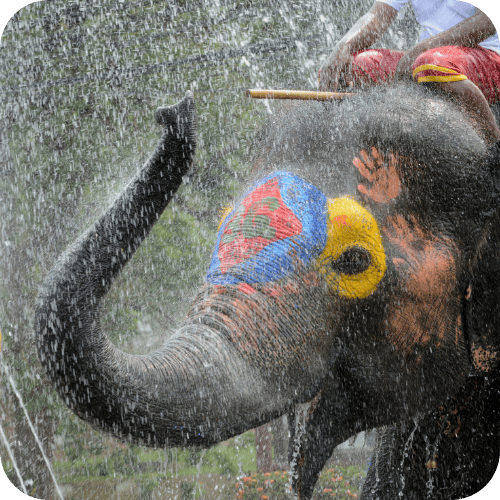
Songkran, the water festival, is one of the most significant celebrations in Thailand and marks the Thai New Year, which usually takes place between April 13 and 15.
One of the most outstanding features of the Songkran is the tradition of water battles. During the festival, the streets become giant playgrounds where people throw water at each other, using buckets, water guns and hoses.
This activity is not only a way to have fun and cool off in the intense April heat in Thailand, but also has a symbolic meaning of purification.
It is believed that water purifies the body and soul, washing away bad energies and preparing people to welcome the new year with renewed vitality and good omens.
These rituals include offering food to monks, attending religious ceremonies, pouring scented water on images of Buddha and the elderly as a sign of respect and blessing, and cleaning houses and personal belongings as part of the preparation for the new year.
In short, Songkran is not only a holiday to welcome the new year, but also a celebration of life, community and spiritual purification through water.
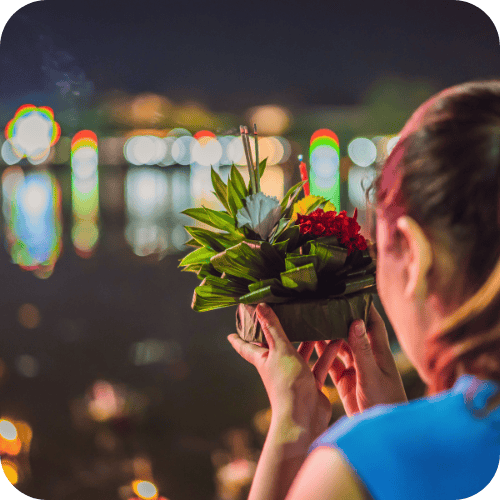
Loy Krathong It is one of the most picturesque and spiritual festivals in Thailand, held annually on the full moon night of the twelfth lunar month, which usually falls in November.
The name "Loy Krathong" comes from the Thai words loy (Float) and krathong (A small basket or raft made of banana leaves).
During the festival, participants launch krathongs decorated with flowers, candles and incense rods on rivers, lakes and canals, as an offering of respect to the goddess of water, Phra Mae Khongkha.
The act of letting go of the krathongs symbolizes letting go of hatred, resentment and bad luck of the past, while making wishes for the future. In addition, the candlelights represent hope and spiritual purification.
Although the festival has Buddhist roots, it also includes aspects of ancient Brahmin and animist rites. In some regions, especially in Sukhothai and Chiang Mai, the festival is held together with the Yi Peng, where floating lanterns are released into the sky, creating an impressive light show.
Loy Krathong is a celebration full of beauty, gratitude and spiritual renewal, and has become a symbol of Thai culture around the world.
- 10 things you shouldn't do in Thailand:
 Traveling to Thailand is an unforgettable experience: majestic temples, spectacular cuisine, and friendly people. But, as in any country with a distinct culture, there are rules […]
Traveling to Thailand is an unforgettable experience: majestic temples, spectacular cuisine, and friendly people. But, as in any country with a distinct culture, there are rules […] - Loi Kratong
 Every year, on the night of the full moon of the twelfth month of the Thai lunar calendar (usually in November), rivers, canals, and lakes in Thailand […]
Every year, on the night of the full moon of the twelfth month of the Thai lunar calendar (usually in November), rivers, canals, and lakes in Thailand […] - Discover the International Silk Festival in Khon Kaen
 The International Thai Silk Festival is a celebration that showcases one of the country's cultural treasures: silk. For several years […]
The International Thai Silk Festival is a celebration that showcases one of the country's cultural treasures: silk. For several years […] - Songkran Festival
 Every year, Thailand becomes the epicenter of the most refreshing and unique celebration: the Songkran Festival. This traditional event, which marks the beginning of the [...]
Every year, Thailand becomes the epicenter of the most refreshing and unique celebration: the Songkran Festival. This traditional event, which marks the beginning of the [...] - Traditional Thai dance
 Every year, in the vibrant city of Khon Kaen, a stunning commemorative dance takes place to celebrate the founding of this city, considered the cultural capital […]
Every year, in the vibrant city of Khon Kaen, a stunning commemorative dance takes place to celebrate the founding of this city, considered the cultural capital […]
Community life and the importance of the family
In Thailand, the family is the core of society. Important decisions are discussed with parents or grandparents, and it's common for several generations to live together. This extended family structure reinforces values such as mutual care, responsibility, and gratitude.
In addition, life in towns and neighborhoods is usually organized around the community (muban), where relationships between neighbors are close and collaborative. In many rural areas, agricultural traditions and local rituals passed down from generation to generation are still practiced.
Respect and the importance of the “wai”

One of the most distinctive aspects of Thai culture is the profound respect shown toward others, especially elders, monks, and the royal family.
This respect is expressed through gestures such as wai, a traditional greeting that consists of joining the palms at chest or face level and slightly bowing the head.
The wai It's not just a greeting, but also a way to thank, apologize, or show respect. Learning when and how to use it correctly is a great way to integrate and show courtesy during your trip.
A living culture that adapts to the modern world
Although Thailand has experienced significant economic and social development, its culture remains the country's soul. In modern cities like Bangkok and Chiang Mai, skyscrapers blend with centuries-old temples, shopping malls with traditional markets, and designer cafes with street stalls offering ancient recipes.
Young Thais, even the most technologically connected, continue to actively participate in religious festivals and maintain a deep respect for their cultural roots.
Thai Massage

Highly trained Thai therapists pass these skills from generation to generation, thus preserving the traditions and techniques that make Thai massages so unique and effective.
They are practiced in a variety of environments, from luxurious spas to modest street stalls, and offer a wide range of techniques, from traditional Thai massage to massage with aromatic oils.
Art and Architecture: Testimonies of a Great Civilization
The art and architecture in Thailand reflect the greatness of its historical civilization. The temples Buddhists, adorned with intricate designs and golden sculptures, are a testimony to the deep spiritual commitment of the Thai people.
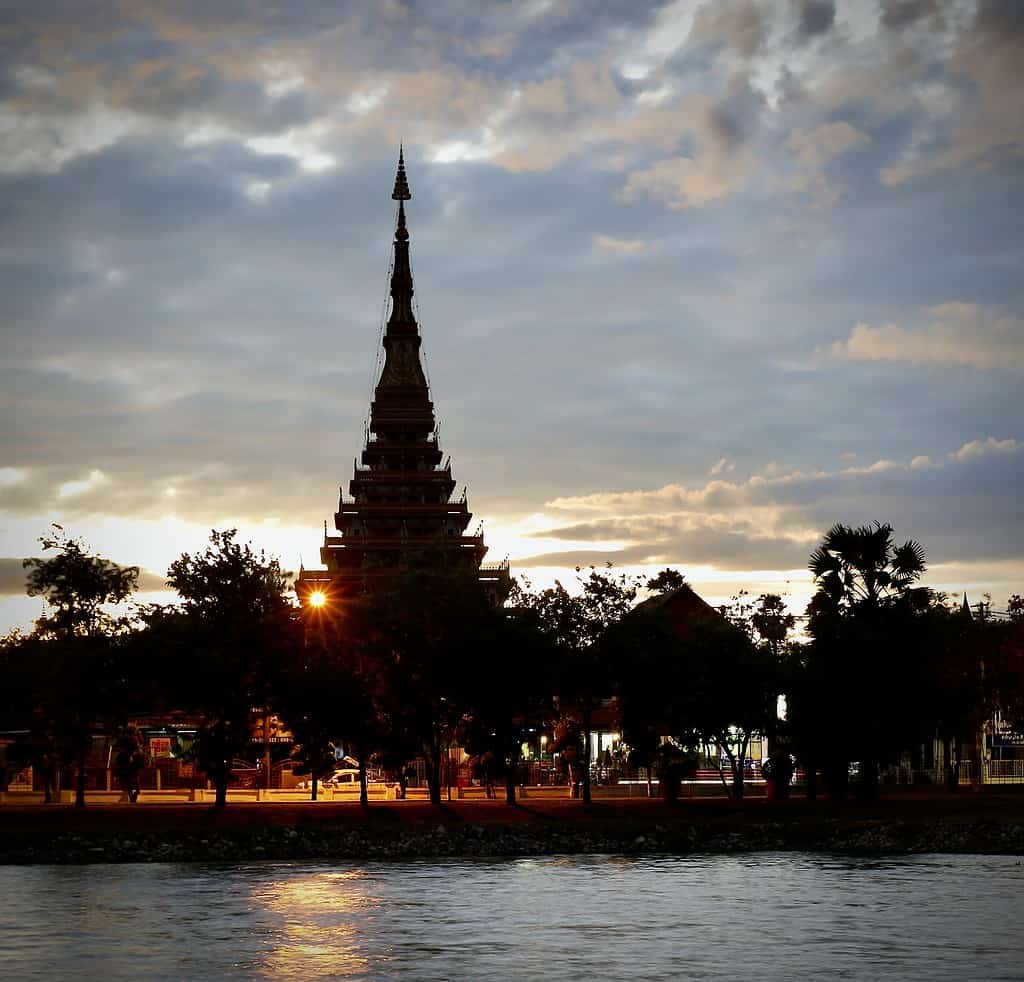
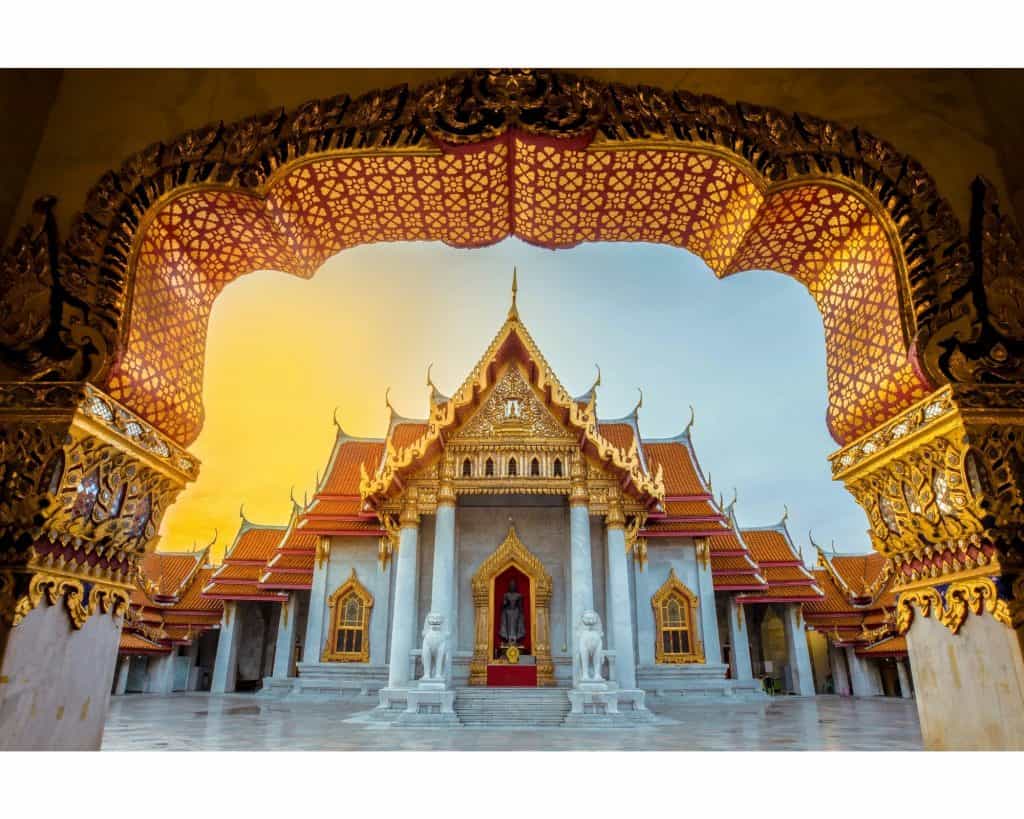
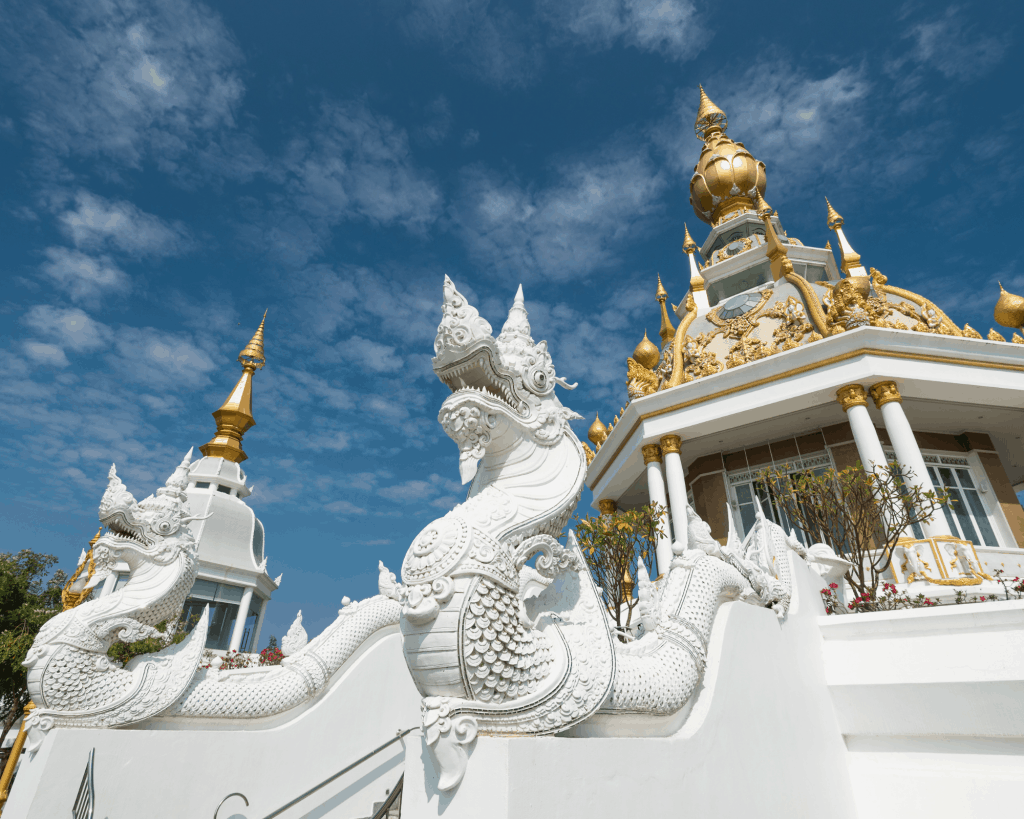
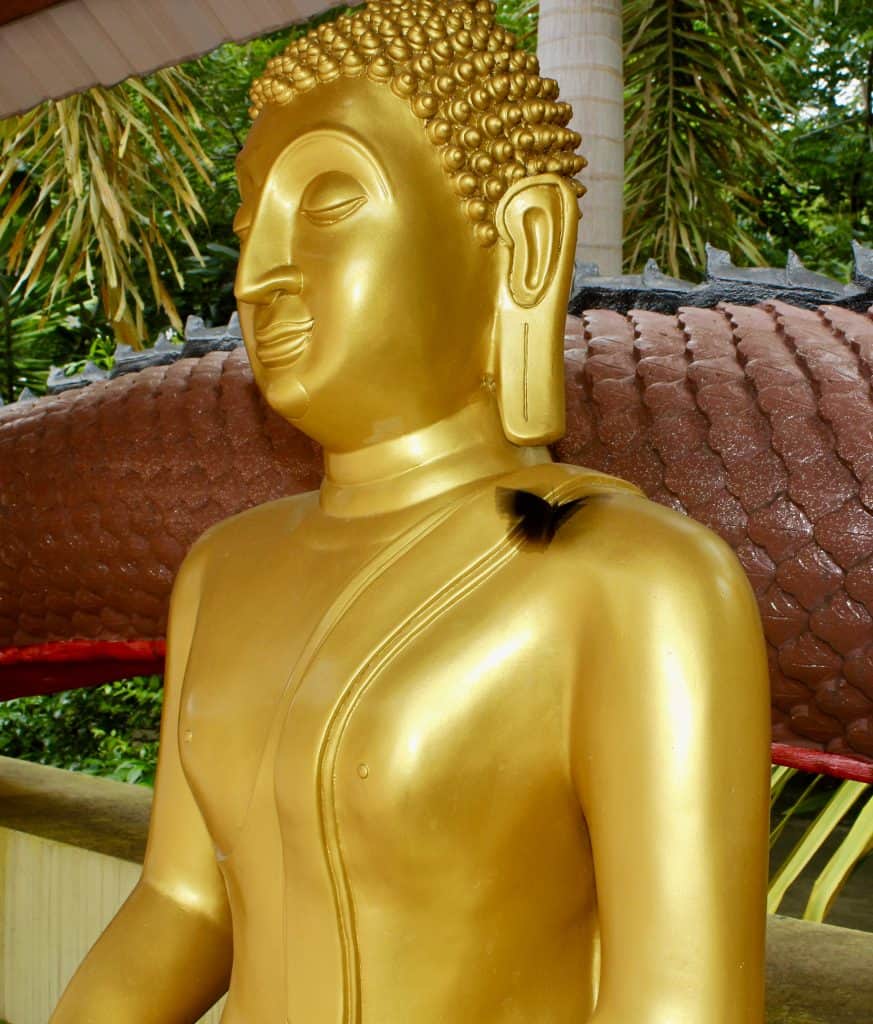

It's an opportunity to connect with an ancient culture that lives on in every gesture, ceremony, and smile. Whether sharing a meal with a local family, participating in a traditional festival, or simply visiting a temple at sunrise, each experience will bring you closer to a unique way of understanding life.
We hope this section has given you an overview of Thailand's rich culture and traditions. We hope you enjoy it and are inspired to explore this fascinating Southeast Asian country further.
Prepare your visit to Thailand with our practical tips. From information on visas and transportation to accommodation suggestions, we will provide you with the essential information to plan your adventure.
Having travel insurance to guarantee any eventuality, and that our trip becomes a problem, we must avoid it.
The relationship between economy and tranquility is very good.
Do not hesitate to ask for your budget to travel with peace of mind.








